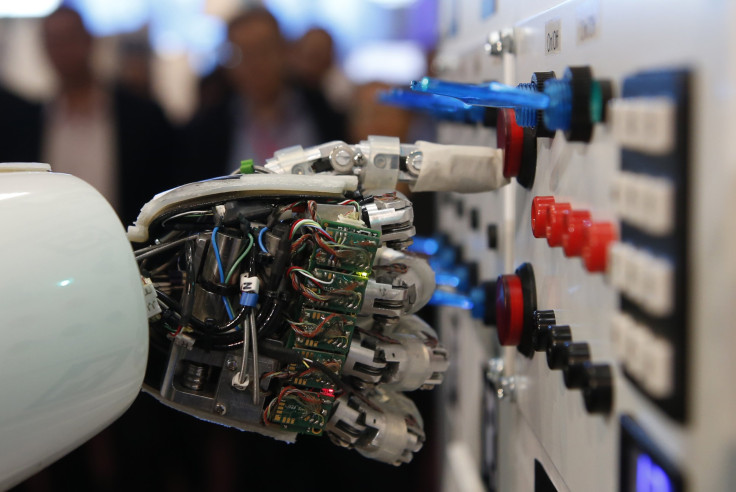Australia will reap $2.2 trillion opportunities if it doubles AI: report

A new report indicates that Australia must double its pace for artificial intelligence and robotics automation to achieve up to $2.2 trillion opportunity by 2030. While doing this, the country must urgently prepare to support over 3 million workers who may lose their jobs.
Economics and strategy consulting firm AlphaBeta has released a report, which showed that automation can take away an average four hours of work every week from Aussie workers over the next 15 years if its rate is doubled. AlphaBeta director Andrew Charlton said the reality is that automation alters every job.
He explained it is not so much about the jobs, but how the jobs will be done. The benefits will only flow into the national economy if workers are redeployed.
It means the jobs of most of the country’s 12 million workers are likely going to change rather than disappear. But it may be a different case for construction workers and machine operators who spend an average 70 percent of their time on automatable tasks. They will likely lose their jobs.
"We [must] ensure that all of that time that is lost to machines from the Australian workplace is redeployed and people are found new jobs and new tasks," ABC quotes Charlton as saying. Productivity gains will be compromised if workers are not successfully transitioned to new jobs and problems with long-term unemployment will arise.
More 'human' work
“Machines will make human work more 'human'," the report reads. Charlton described AI and robotics as “powerful tools” that can change the way humans work as these technologies can take away some of the labour and allow workers to do new and exciting things at work.
For instance, a retail worker could spend less time on physical and routine tasks such as processing goods and stocking shelves, and have more time to help customers find what they need and provide them with advice. Teachers might tend better to their students as they will not have to spend much of their time entering exam scores.
However, Australia might not be able to reap these benefits because business is not embracing AI automation fast enough, a report commissioned by Google found. Charlton admitted that Australia is lagging, with only 1 in 10 companies embracing automation.
That is roughly half the rate of some of the country’s global peers. Australian companies must double the pace for these technologies to remain competitive internationally, Charlton said.
Read More:
LinkedIn is testing Career Advice in Australia
Password security guru admits his advice makes people more vulnerable to hackers
IGN News/YouTube





















